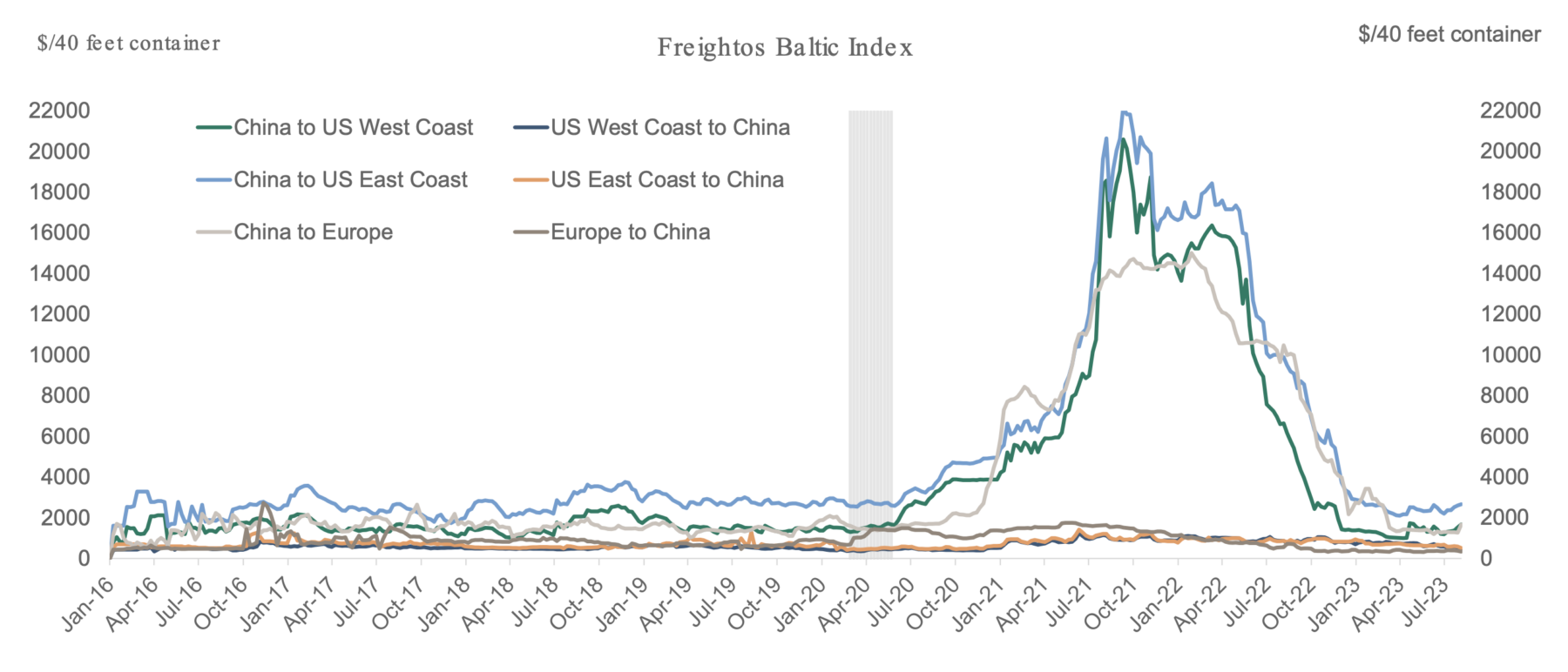My end-of-week morning train WFH reads:
• Most stocks are bad for your wealth: Bessembinder’s new paper finds that a full 58.6 per cent of US stocks since 1926 reduced rather than increased shareholder wealth. He also updated his global work in March. The proportion of stocks losing money over the last three decades? In around half of markets more than half of stocks lost their owners money on a buy-and-hold-with-dividends-reinvested basis. Or at least, owning most stocks did worse than just stashing the equivalent number of US dollars under the mattress. (Financial Times)
• Global Household Wealth Drops for First Time Since 2008: Financial Crisis Assets shrunk by $11.3 trillion amid inflation, strong dollar North America, Europe hit hardest as Russia added millionaires. (Bloomberg) but see US Housing Market Recoups $3 Trillion Lost in Recent Slowdown: Total value of US homes hit a record $47 trillion in June Redfin’s Zhao says shortage of homes is propping up values (Bloomberg)
• Is good economic news really all that surprising? People continue to be blindsided by the resilience in personal consumption growth. According to Census Bureau data, retail sales in July increased by 0.7% to $696.4 billion. As many news headlines show, this pace exceeded many economists’ forecasts. “The media was flooded with stories the past 18 months that ‘consumers are cracking under inflation. It never happened.” (TKer)
• Too Many Vacant Lots, Not Enough Housing: The U.S. Real-Estate Puzzle: In Chicago, Pittsburgh and Detroit neighborhoods where houses are surrounded by empty lots, authorities are starting to bulldoze obstacles to development. (WSJ)
• How does Elon Musk get away with it all? The billionaire’s heroic image is built on media praise, breathless fans, and … romance novel tropes. (Vox)
• Inside the Russian effort to build 6,000 attack drones with Iran’s help: Leaked documents show that Moscow is progressing toward its goal of mass-producing UAVs it could use to pummel Ukrainian cities. (Washington Post)
• The psychological immune system: four ways to bolster yours – and have a happier, calmer life: All of us will experience pain and stress, but the brain has some smart ways to protect us. Here is how to get prepared for periods of adversity. (The Guardian)
• A Living History of The Humble Paper Airplane: For centuries, paper airplanes have unlocked the science of flight—now they could inspire drone technology. (Popular Mechanics)
• A Field Guide to the Great Hot Dogs of America: From New York’s kosher classic to Alaska’s reindeer-driven rendition, here are 15 supremely local versions that flaunt the bounty to be found on a bun. (New York Times) see also Sam’s Club’s War Against Costco Started With $1.38 Hot Dog Combo: The price cut tapped the rival’s playbook of targeting upscale shoppers to expand its business again. (Businessweek)
• Trials Are About Facts. That’s Bad For Trump. Stefanos Bibas, a Trump-appointed judge on the Third Circuit, ruled after rejecting the Trump campaign’s effort to disenfranchise millions of Pennsylvania’s voters: “Free, fair elections are the lifeblood of our democracy. Charges of unfairness are serious. But calling an election unfair does not make it so. Charges require specific allegations and then proof. We have neither here.” (Time)
Be sure to check out our Masters in Business next week with legal scholar Cass Sunstein, who founded and leads Harvard Law School’s program on behavioral economics and public policy. He authored several books, including the bestselling “Nudge: Improving Decisions About Health, Wealth, and Happiness.” (written with Nobel Laureate Richard Thaler) and the New York Times best-seller “The World According to Star Wars.” His new book is “Decisions about Decisions: Practical Reason in Ordinary Life.”
Price of transporting a container from China at pre-pandemic levels

Source: Torsten Slok, Apollo Global
Sign up for our reads-only mailing list here.

